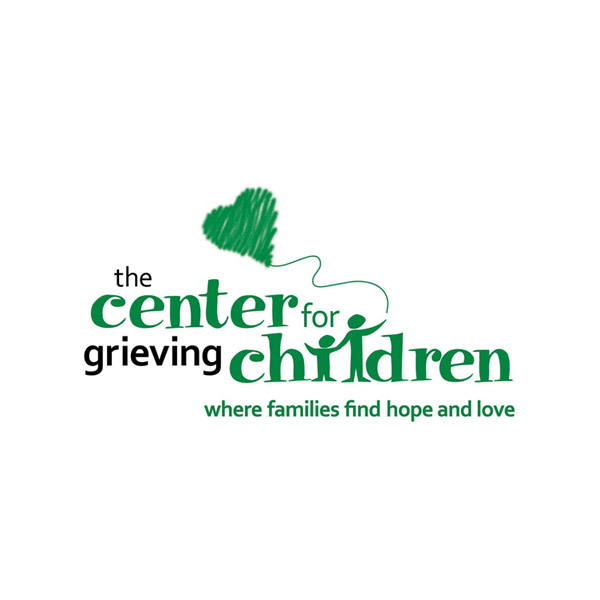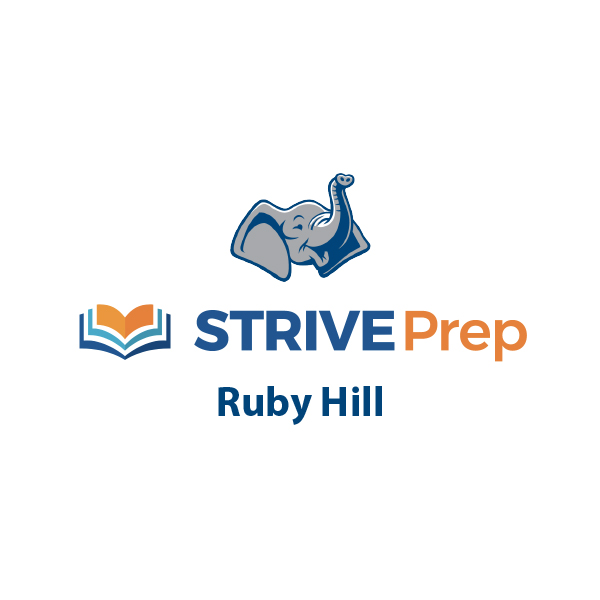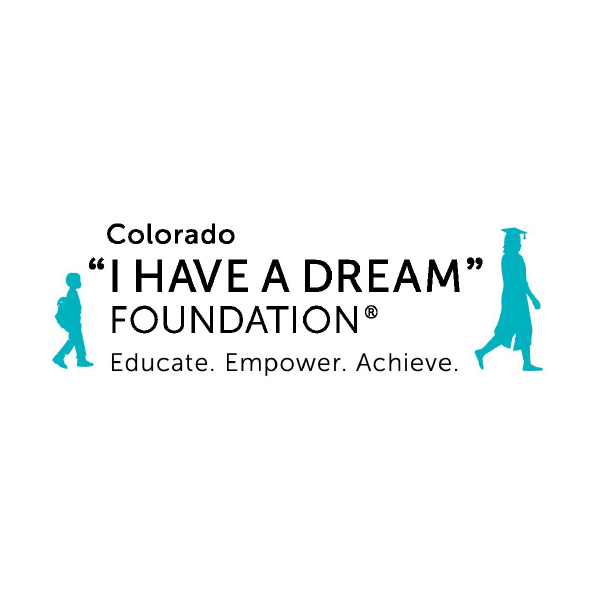Hi, I’m Julie Campilio
Supporting children through intense emotions can feel overwhelming—but you don’t have to do it alone.
I’m a neurodivergent educator, Autistic and ADHD, and a parent to a child who shares these traits and experiences BIG emotions. For more than 20 years, I’ve helped children and their grown-ups discover the strengths they already have, using playful, practical tools to calm emotions and build lasting resilience.
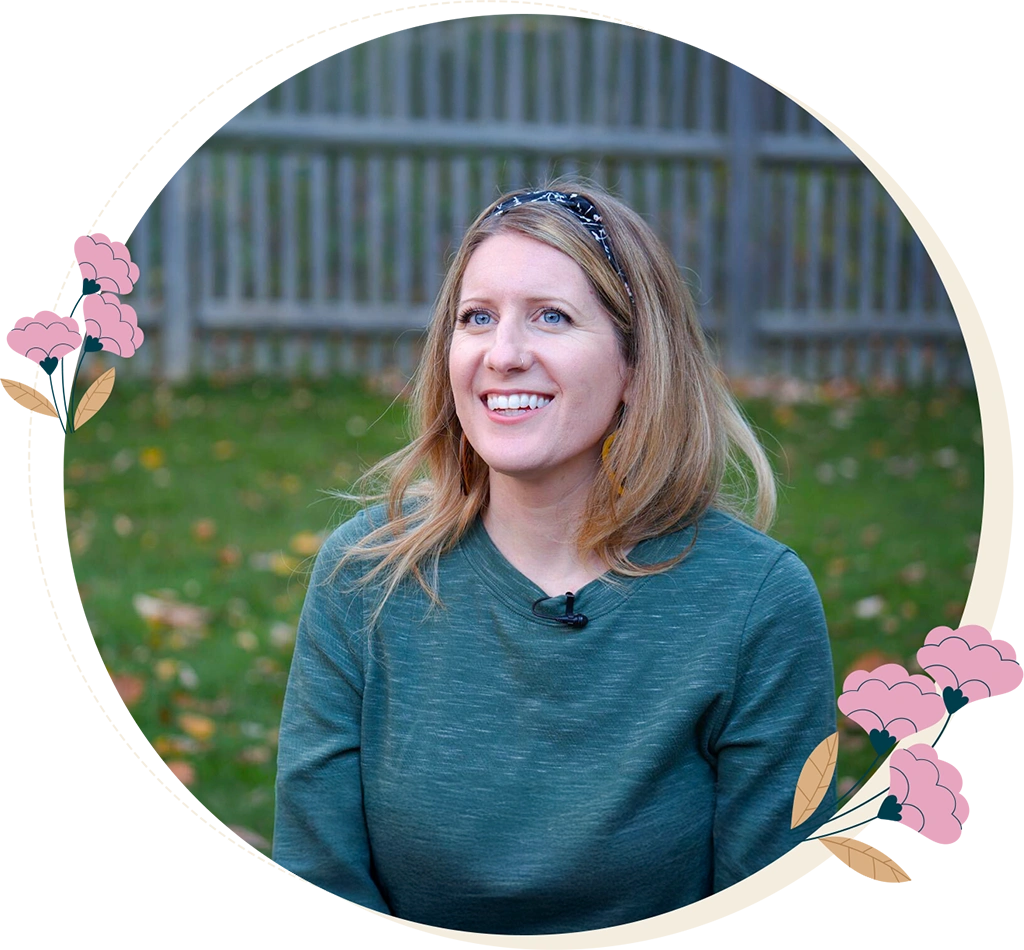
My Journey
I’ve had the privilege of working with children from diverse backgrounds and a wide range of abilities. In 2010, I founded Roots Up to give all children practical, accessible tools to navigate intense emotions. Becoming a mother deepened my understanding of neurodivergence—in myself and in others—and confirmed that this work is my soul’s true purpose: helping children and the adults who care for them nurture their nervous systems and build lasting emotional resilience.
For years, I struggled with anxiety, bouts of depression, and burnout, often without fully understanding why. Over time, I realized these challenges were rooted in my neurodivergence. This insight transformed how I see myself, deepened my compassion for others, and inspired me to help children and caregivers access emotional regulation skills they may never have been taught—or never known how to access.
My Philosophy
Equity is central to everything I do. Every child—regardless of background, identity, or ability, deserves access to tools that support emotional well-being. I blend neuroscience, mindfulness, and play to create experiences that awaken the body’s natural ability to regulate and restore balance. Emotional regulation isn’t a goal to chase, but a gentle practice we can return to with curiosity and kindness again and again.
How I Work
I collaborate with educators, parents, researchers, and social workers to co-create heart-centered, evidence-informed resources that empower children and caregivers in daily life. My approach is grounded in lived experience, science, and the wisdom of children themselves.
Outside Roots Up
When I’m not teaching or creating, you’ll find me in nature with my family, practicing yoga, dancing, playing pickleball, or juggling a hundred things at once and still forgetting why I walked into the kitchen. :)

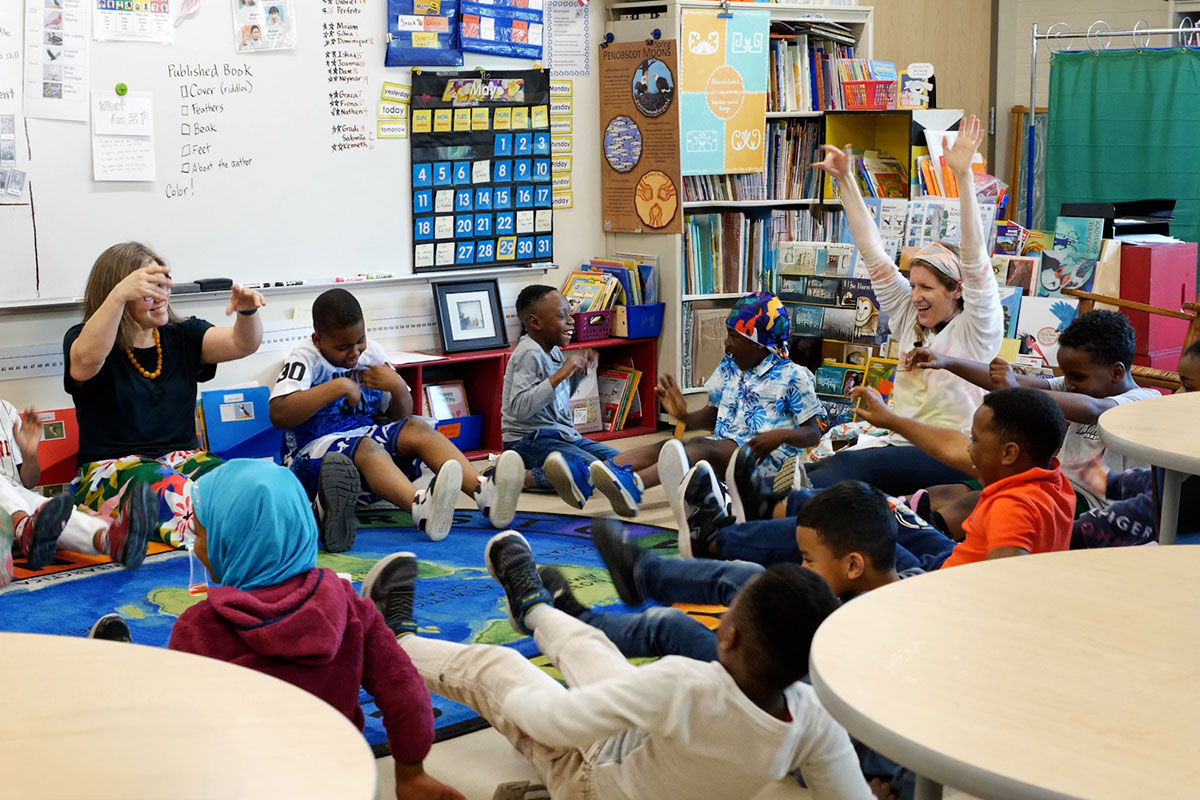
Certifications & Trainings
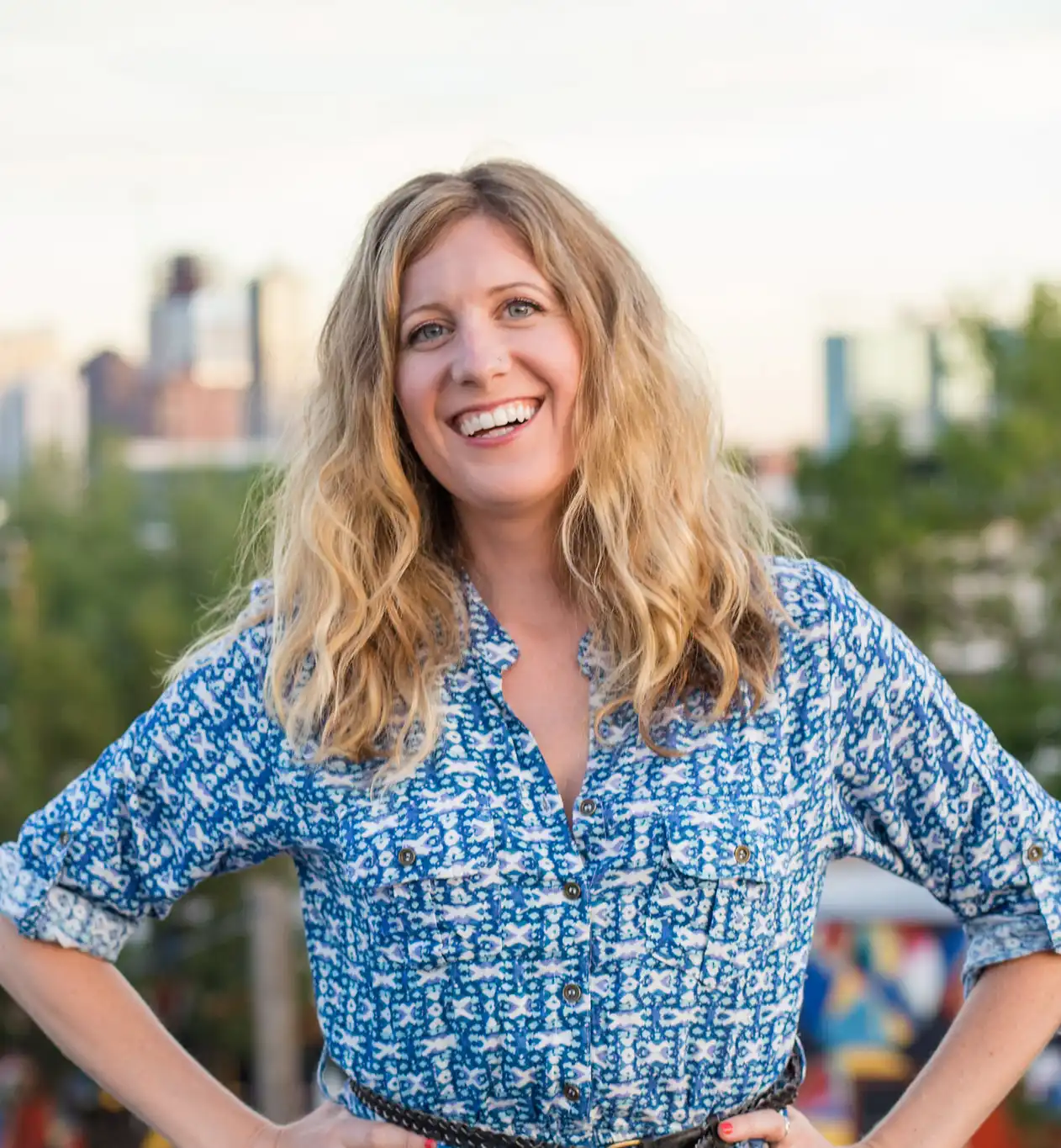
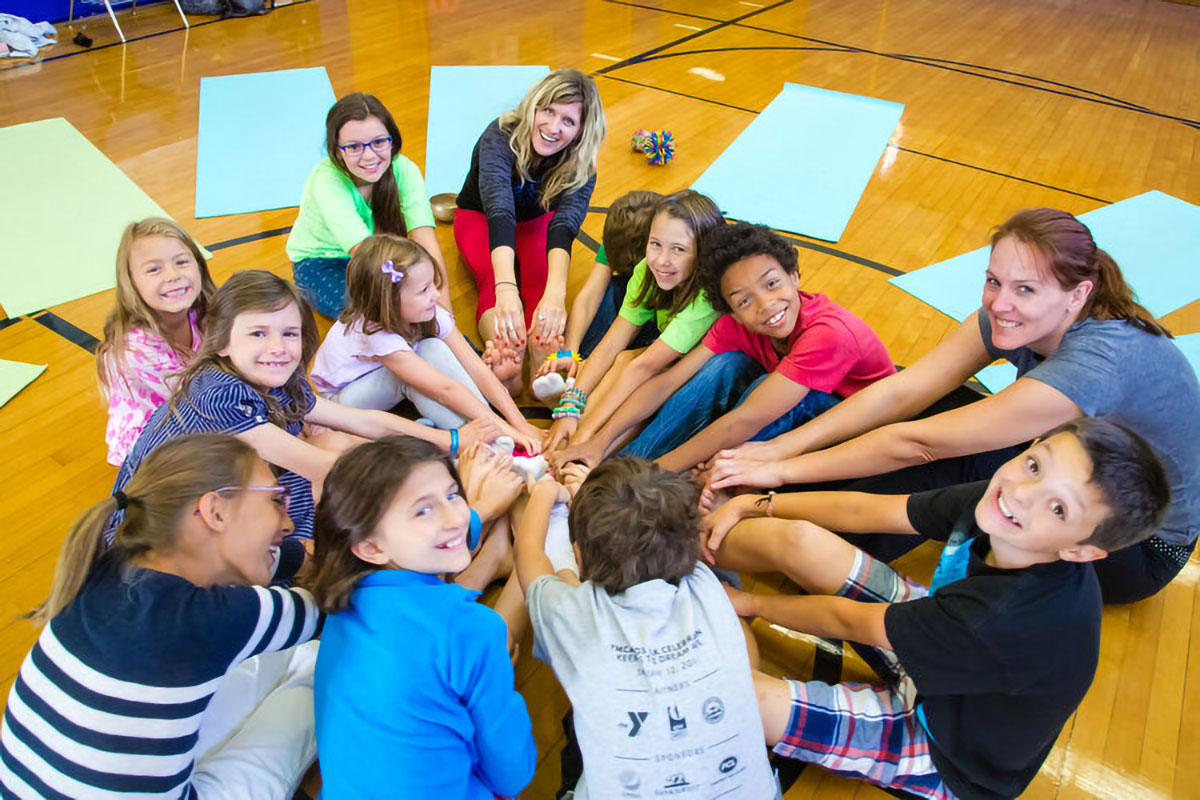
Education
- Bachelor’s Degree in Psychology & Education
Trauma-Informed Certifications
- Trauma-Informed Care Certification – Supporting children impacted by trauma.
- ACEs (Adverse Childhood Experiences) Training – Understanding long-term effects of childhood trauma on development and behavior.
- Trauma-Sensitive Yoga Certification – Applying yoga safely for children and adults with trauma histories.
Yoga & Mind-Body Certifications
- 200-Hour Yoga Teacher Training (RYT-200) – Foundational training in yoga and mindfulness practices.
- Yoga for Children Certification – Techniques for teaching yoga, breathwork, and mindfulness to kids.
- Mindfulness for Children Certification – Facilitating age-appropriate mindfulness practices to support emotional regulation.
- Yoga for Neurodivergent & Special Needs Populations – Inclusive practices for children with diverse learning and sensory needs.
- Mindfulness-Based Stress Reduction (MBSR) Teacher Training – Training to guide mindfulness and emotional regulation practices for all ages.
Inclusion & Cultural Respect
I come to this work as a white, neurodivergent mom and educator who is always learning. I know the privilege I carry, and I try to use it to listen deeply, learn with humility, and lift up voices that don’t always get heard.
Many of the tools I share, like mindfulness and yoga, come from cultures beyond my own. I honor their roots with gratitude and respect, not appropriation.
My hope is that every child and family, no matter their background or abilities, can feel welcomed and supported in accessing tools for calm and resilience. I lean on science, lived experience, and cultural wisdom and I know this journey takes collaboration, feedback, and care.
I’m grateful to be on this path with you, learning and unlearning to make emotional well-being as inclusive, respectful, and full of heart as possible.


Why Nervous System Regulation Matters
Every child deserves tools to feel calm, focused, and confident—especially in a world that can sometimes feel overwhelming. When kids learn to regulate their nervous system, they can:
For neurodivergent children, such as those with autism, ADHD, or sensory processing differences, and for kids who have experienced trauma, these skills are especially powerful. They create a sense of safety, reduce overwhelm, and make daily life easier to navigate with more ease and self-assurance.
The earlier children practice these strategies, the more naturally they’ll use them as they grow, turning emotional regulation into a lifelong strength they can carry anywhere.
Trusted by Schools, Clinics, and Families across Maine and Beyond
I’m proud to collaborate with educators, healthcare providers, and community organizations who share my commitment to nurturing emotional growth in children and those who care for them.
Featured In
Reach Out to Julie
"*" indicates required fields


